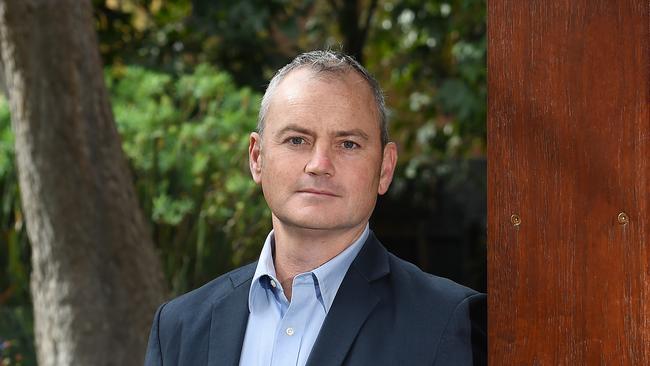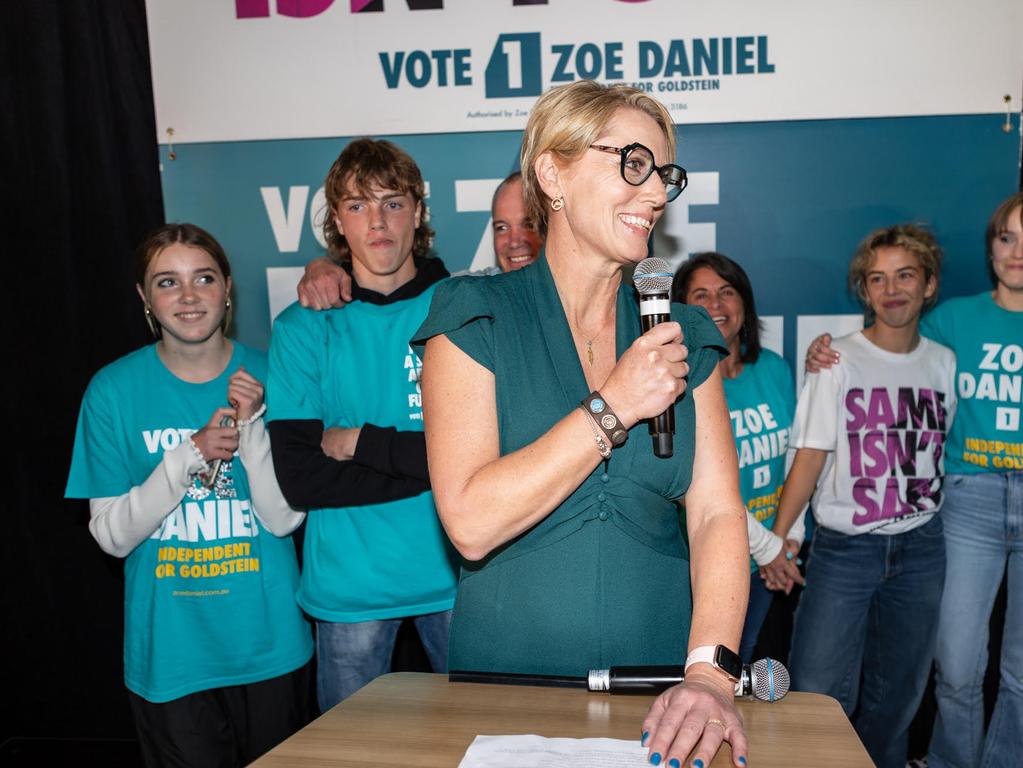
These were the type of changes that happened in John Howard’s win over Paul Keating after a decade of Labor government in 1996 or when Kevin Rudd returned the favour to Howard in 2007, or even Labor’s two terms ended by Tony Abbott’s Coalition win in 2013.
But the change sought and delivered on polling night of the 2022 election is a change because people want “something else”; after more than two years of a pandemic, deaths, border closures, lockdowns, job losses and restrictions on freedom they are fatigued and sick of being told what to do. The change they seek is ill-defined and in some areas, such as wages growth, fighting inflation or interest rate rises, it is impossible for politicians to change what they say they will despite promises to do so.
Australians want to turn their backs on the pandemic and the global uncertainty it has brought with it, including a war in Europe, and they don’t want to be reminded of all the pain no matter how well we have done. Credit is no longer being given to leaders – state or federal – despite health and economic successes of world-beating standard.
Nor is the disillusion or disenchantment limited to people or parties in power, with the results of Saturday’s poll demonstrating not just a defeat for the Coalition government and losses to the Liberals but also record low support for Labor.
Fortunately, Labor appears certain to have a majority in its own right in the House of Representatives and, although narrow, perhaps just a seat after supplying a Speaker, at least the Albanese government will not have to fight every day for each minor parliamentary move or piece of legislation. Yet, while securing a majority, the ALP primary vote is the lowest since at least 1910, before World War I, the conscription debates and the devastation of the Spanish flu pandemic of 1920. It is the first time in modern history both the Coalition and the ALP have come out of an election with primary votes in the low 30s.
There is also record support for independents, including the existing independents being re-elected, the new climate change independents, the Greens and a true independent, Dai Le, in the Sydney seat of Fowler, with both the Liberals and Labor losing seats to the new wave.
These are not the results of a normal change of government.
There’s a fundamental change of a depth and intensity that has been brewing for a decade and burst forth during the pandemic, flowering into a shift in political allegiances and governance that will last at least a decade.
The legacy of the 2022 pandemic election may be to mark the start of a generational era of even less surety and certainty than Australia has experienced for the first two decades of this century. The extent of the loss of support for the Coalition and Labor will take two elections at least for any full correction to occur, with the likelihood there will be none before 2030 if there is a correction at all.
Australia has experienced splits and fractures of political parties forming satellites since Federation and World War II including the DLP, the Australian Democrats, the Australia Party, the Greens, One Nation and the United Australia Party, with varying degrees of success and longevity. But the weekend’s reaching out in record numbers to newcomers, some claiming not even to be a party, signals Australia is on the cusp of an era of entrenched wariness of major parties, shifting allegiances and fashions with minor parties as well as long-term independent MPs who will have to be part of the calculations of government. Some nations have lived with this democratic mishmash for a century or more with its disadvantages and advantages.
The real danger is not the idea of having a third force or more in day-to-day democracy but in the balkanisation of Australian politics as particular parties come to represent niches in society and advance single-issue policies and self-interest at the expense of national development.
The 2022 election has demonstrated Labor’s continuing tussle with the Greens movement, which has bled ALP support from the left and inner city; it has also entrenched the Nationals as the party of rural Australia, again not losing a seat but still under threat on the right from One Nation and the United Australia Party.
The emergence of the Climate 200 independents, backed by millions of dollars and only competing in affluent inner city Liberal seats is a disturbing sign for the Liberals but also an even more disturbing sign of a rise of a political movement focused on climate change and without regard to the impact on ordinary Australians who saw the cost of living, as did Labor and the Coalition, as the central election issue.
The old red and blue divisions of Labor and Liberal risk turning into a red plush velvet in affluent seats with tertiary-educated professionals whose biggest concern on cost of living is duty on imported luxury cars represented by MPs with no economic or egalitarian agenda and the blue of the collar of the working overalls of tradies and workers pushed towards increasingly rabid conservatives.
Labor MPs still represent inner city seats where they fight the Greens (Albanese is one himself) and regional seats such as Hunter in NSW, while the Nationals’ strength is rural Australia where there is faith in clear conservative values. The Liberals and so-called teal independents start what could be a contest as deep and enduring as that between the Greens and the ALP.
A temporary wish for change of any sort just to turn our backs on a long and tiring crisis always runs the risk of displacing long-term positive systems but the depth of disillusion and disenchantment has heightened the risk in 2022 and that’s without considering the impact on the Senate.






Australia has voted for change. But the change people are seeking is more than the traditional idea of “let’s change the government after a few terms to shake things up a bit” or “let’s give the other side a go” in that egalitarian confidence that it won’t be too bad or dangerous to change government in our stable democracy.